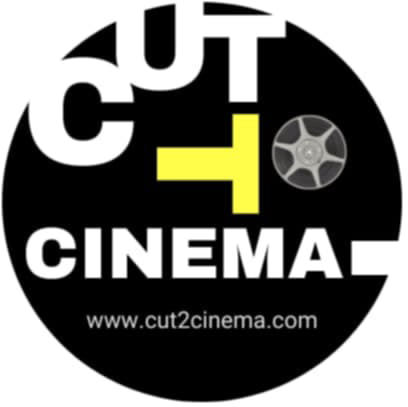
Published: : June 17, 2025, 07:31 PM
-20250617133145.jpg)
Two of Iran’s most internationally acclaimed directors — Jafar Panahi and Mohammad Rassoulof — have joined a growing chorus of voices calling for an end to the escalating conflict between Iran and Israel. In a powerful joint op-ed published in Le Monde, they, along with other notable Iranian figures including Nobel Peace Prize winners, urged Tehran to halt uranium enrichment and abandon military aggression.
Panahi, who recently won the Palme d'Or at the 2025 Cannes Film Festival for It Was Just an Accident, and Rassoulof, whose latest film premiered at the 2024 festival, are using their global cinematic platforms to spotlight what they describe as a humanitarian and political crisis driven by authoritarian ambition.
“We demand the immediate suspension of uranium enrichment by the Islamic Republic, a halt to military aggression, an end to attacks on critical infrastructure in both Iran and Israel, and the cessation of civilian massacres in both countries,” the statement reads. Their joint voice, amplified by human rights advocates and peace laureates, adds a distinctly artistic and ethical weight to the demand for peace.
For filmmakers like Panahi and Rassoulof, who have long used cinema to critique power structures and advocate for social justice, this intervention is not just political — it is deeply personal. Both directors have faced state censorship, imprisonment, and exile for their uncompromising visions. Their films have often blurred the line between fiction and documentary, exposing repression and resistance in Iranian society.
“The continuation of uranium enrichment and the destructive war between the Islamic Republic and the Israeli regime benefit neither the Iranian population nor humanity as a whole,” they assert. Other signatories include Nobel laureates Shirin Ebadi and Narges Mohammadi, and human rights defenders Sedigheh Vasmaghi, Shahnaz Akmali, and Abdolfattah Soltani.
The statement emphasizes that nuclear pursuits and geopolitical brinkmanship do not serve the people of Iran. “Uranium enrichment is in no way in the interest of the Iranian people. They must not be sacrificed for the nuclear or geopolitical ambitions of an authoritarian regime.”
Crucially, the signatories also call for the resignation of Iran’s current leadership under Ayatollah Ali Khamenei. “The current rulers of the Islamic Republic are incapable of resolving either internal crises or external conflicts. The only viable path to safeguard the nation and its people is for these authorities to relinquish power.”
Panahi, despite recently returning to Iran, remains a globally recognized figure — currently presenting his work at an Australian film festival. Rassoulof, meanwhile, lives in exile after fleeing Iran clandestinely last year. Both filmmakers continue to make politically charged, critically acclaimed cinema that speaks to the conscience of their country and the wider world.
Ebadi, the 2003 Nobel Peace Prize recipient, also lives abroad. Mohammadi, the 2023 laureate, remains in Iran but is currently on medical leave from prison.
For Panahi and Rassoulof, this bold public stance is an extension of their cinematic mission — to give voice to the voiceless and to challenge systems of oppression. In an age where filmmakers are often relegated to the sidelines of activism, these two remind us that cinema remains a powerful force — not only for storytelling but also for truth-telling.